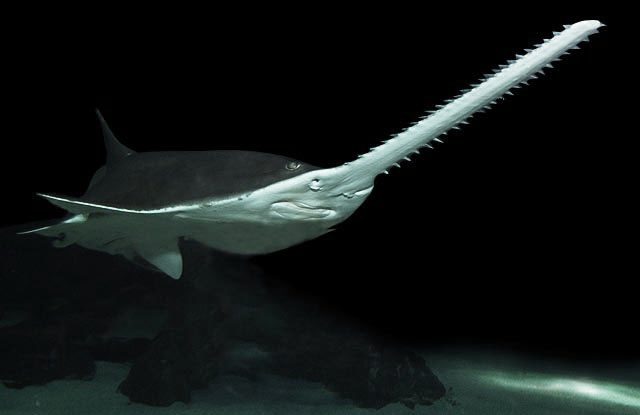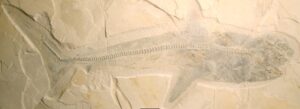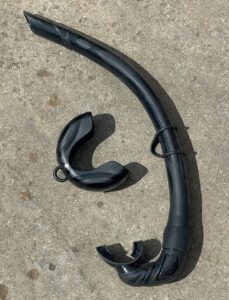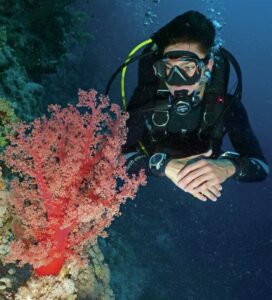Some four months on from the initial reports, the mysterious erratic behaviour and associated deaths of endangered smalltooth sawfish, along with many other fish species, has been causing concern among scuba divers, conservationists and the authorities in the Florida Keys.
Reports of the large fish spinning and whirling, struggling to maintain their balance, protruding their distinctive rostrums above the water and sometimes grounding themselves have been coming in since last November, with sick and dying sawfish washing ashore since late January. But despite extensive testing of the waters and the dead fish, the reason for their affliction has yet to be pinpointed.
The Florida Fish & Wildlife Conservation Commission (FWC)’s Fish & Wildlife Research Institute says that some 30 species of fish of all sizes, from baitfish to grouper and tarpon and, in the biggest numbers, smalltooth sawfish, have been observed acting uncharacteristically..
At last count the trail of stricken sawfish, now numbering more than 50 with at least 16 confirmed dead, stretched across some 125km of relatively shallow Gulf of Mexico water from Boca Grande on the mainland south to Long Key State Park.
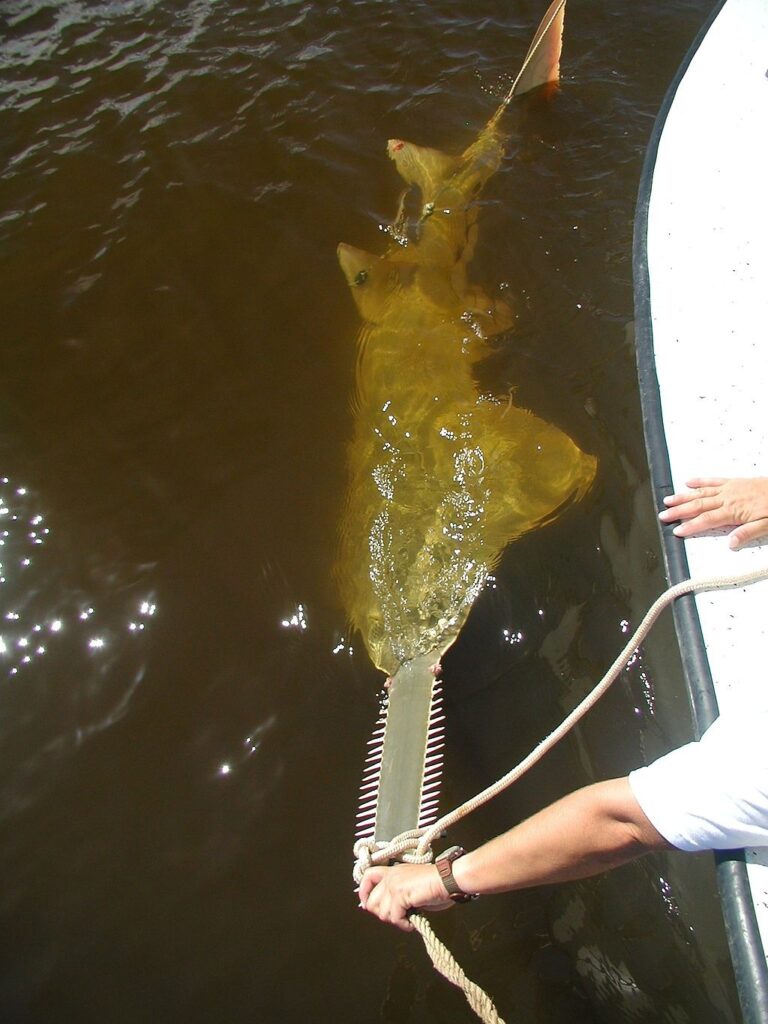
The smalltooth sawfish (Pristis pectinata), also known as the carpenter shark, is the only sawfish found in US waters. It was cited on the IUCN Red List as Critically Endangered in 2003, having almost died out in the 1950s as the result of fishing and habitat loss.
The species can measure up to 5.5m long and weigh as much as 350kg. Usually found in coastal marine and brackish estuarine waters less than 8m deep, the sawfish tend to move up rivers in conditions of strong salinity, and prefer water to be no cooler than around 16°C.
Testing by the Florida Department of Environmental Protection is said to have ruled out any unusual presence of toxic pesticides or herbicides in the seawater. Scientists have also started testing adjacent waters in which no incidents have been reported in the hope of detecting any differences in its composition.
There have been suggestions that the outbreak could be linked to the unprecedented ocean heatwave in the Gulf of Mexico and Caribbean basin that began last April, severely affecting marine life including corals, jellyfish, sponges and algae.
A naturally occurring and normally harmless microscopic biotoxin called gambierdiscus has also been advanced as a possible suspect, because it is reported to have been appearing in unusually high levels, adhering to algae, coral and seaweeds in the Florida Keys.
However, experts at Florida Gulf Coast University, which has been working with the FWC, have stated that water testing and toxicology reports on the dead fish appear to indicate that they have been affected by neurological trauma rather than problems such as disease, lack of oxygen or high salinity.
Meanwhile people have been advised not to eat local seafood until the cause of the problem has been identified. The FWC is continuing to analyse recovered smalltooth sawfish carcasses, and is encouraging the public to call in with any further sightings of fish in distress.
Also read: Drive ‘n’ Scuba Diving Florida Roadtrip Fort Lauderdale Part 1, Florida Roadtrip Fort Myers Part Two, Florida’s Unique Wreck Diving Experience
